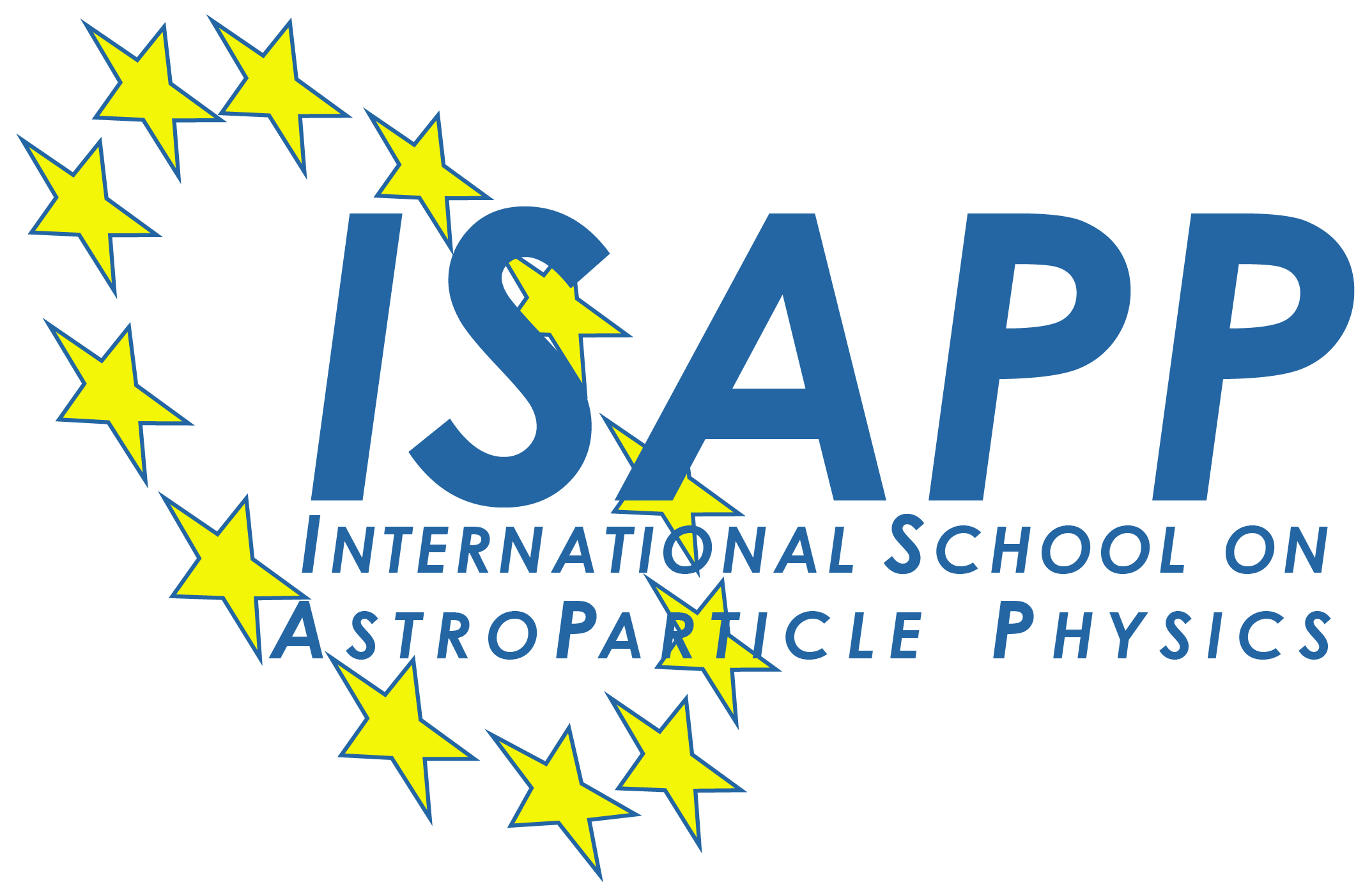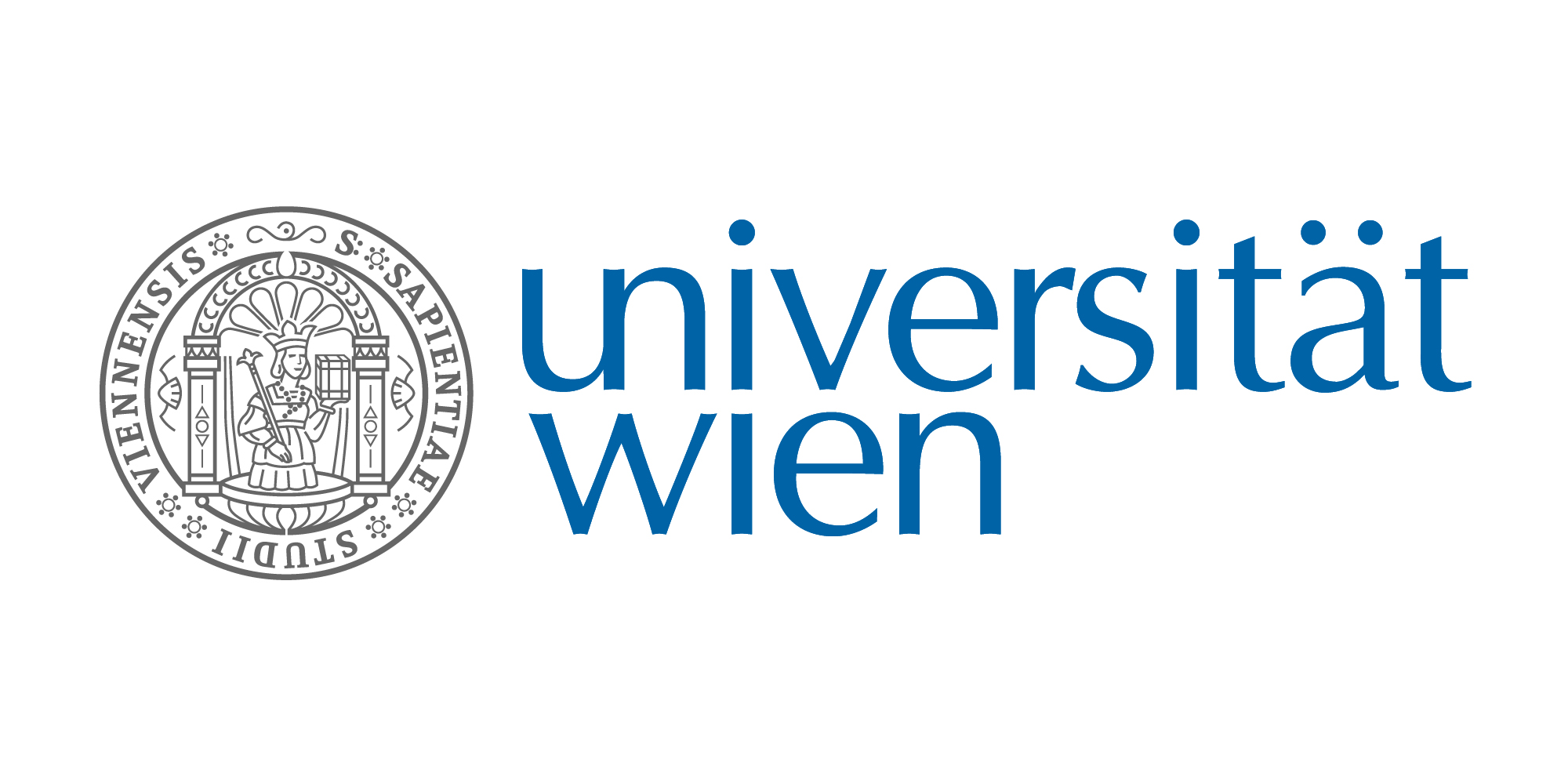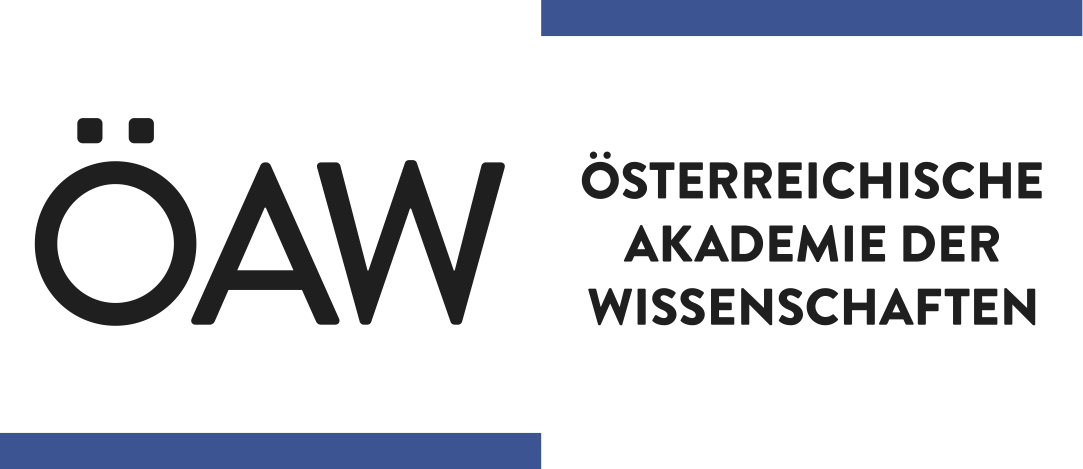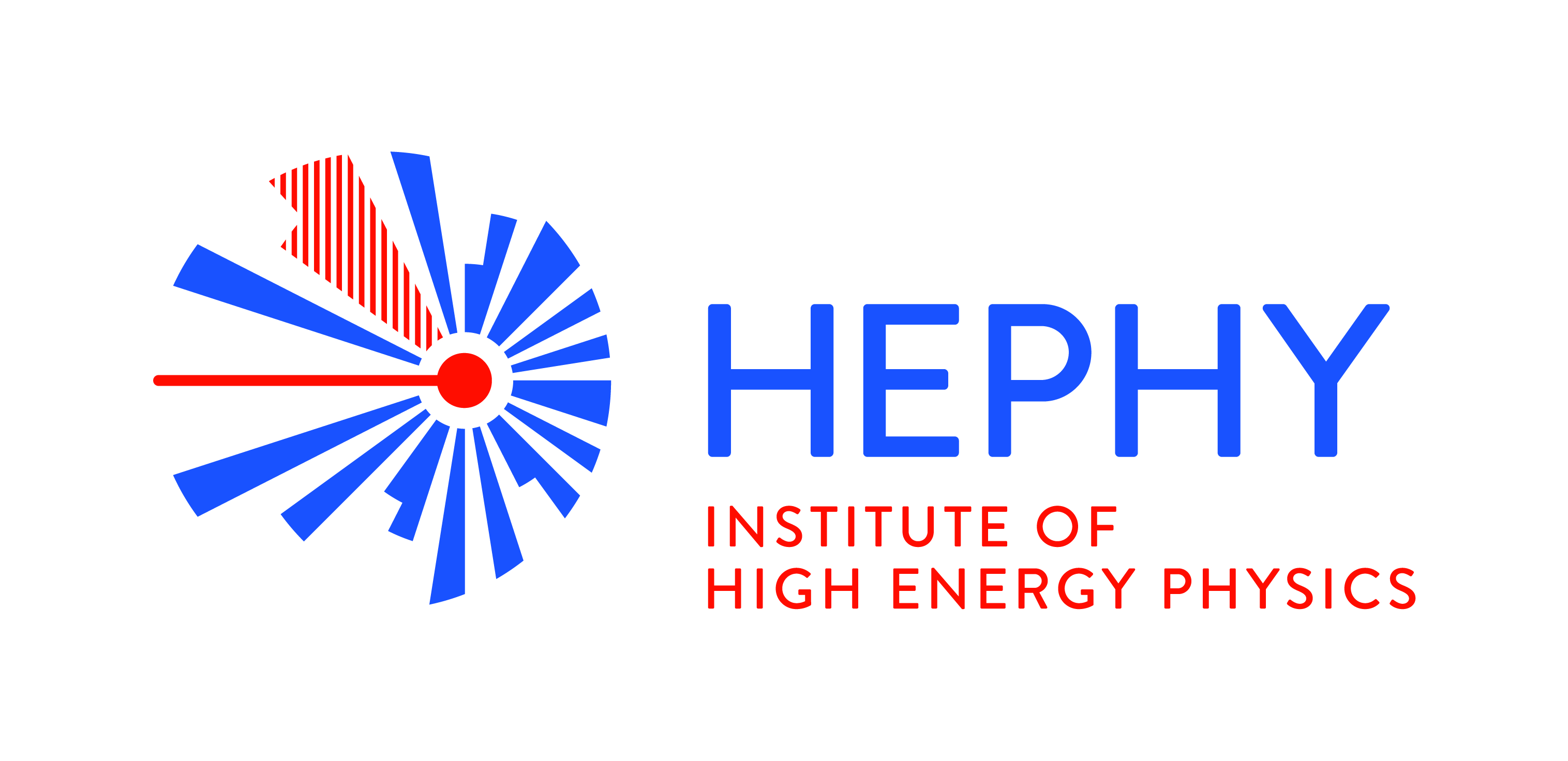DARK MATTER: from theory to detection
Erwin Schrödinger International Institute for Mathematics and Physics
Zoom link: click here
Slack channel for discussions/questions: click here
gather.town used for coffee breaks and poster session: click here
Recordings of lectures will be made available on ESI page: click here
An online ISAPP school on theories and laboratory tests of dark matter
This astroparticle physics graduate school will cover important and timely topics that are connected to the Dark Matter problem, taught by internationally renowned experts. A primary focus of the school will be on the direct detection of dark matter (DM) in rare-event searches. The theoretical background, observational motivation, and experimental avenues to observe dark matter signatures in the laboratory will be covered. Lectures will be complemented with hands-on sessions. The duration of the school is 8 days.
ISAPP is a consortium of over 30 European Institutions that organize Doctorate Schools on Astroparticle Physics for almost 20 years, https://www.isapp-schools.org. The Vienna Institute of High Energy Physics of the Austrian Academy of Sciences is a member of the consortium. The school was originally planned to be hosted and financially supported by the Erwin Schrödinger International Institute for Mathematics and Physics (ESI) which is a beautiful workshop space on Boltzmanngasse in the Vienna 9th district. The on-site event had to be canceled because of the COVID pandemic. All lectures will be online.
Key topics of the school include:
-
New observational and astrophysical insights into DM: what is known about DM observationally and what are the expected advances in the coming years?
-
Light dark sectors: new particles and interactions at or below the GeV-scale have rich implications for cosmology and astrophysics and in experiment such as at high-intensity beams.
-
Direct detection of dark matter: an extensive overview over the theoretical description of low-energy DM scattering on various targets will be given, including novel search strategies such as e.g. utilizing acoustic and optical phonons or the Migdal effect.
-
Table-top DM searches: ultralight bosonic DM fields such as axions or dark photons with masses well below the eV-scale require dedicated detection schemes; low-energy tests of the Standard Model provide additional insights.
-
Statistics for rare-event searches: introduction to statistical inference related to low-number statistics and difficult-to-model signal and backgrounds will be given. Limit-setting procedures as well as hypothesis testing for discoveries will be introduced.
Invited Lecturers:
- Sara Algeri (Minnesota)
- Ranny Budnik (Weizmann)
- Dmitry Budker (Mainz / Berkeley)
- Jules Gascon (Lyon)
- Vera Gluscevic (USC Los Angeles)
- Simon Knapen (CERN)
- Maxim Pospelov (Minnesota)
- Andreas Ringwald (DESY)
- Achim Schwenk (Darmstadt)
- Tien-Tien Yu (Oregon)
Student Registration:
Registration is now closed; there is no registration fee.
Online Info:
UPDATE: this event will be online only. If you have registered, you will be contacted about modalities.
Local Organizing Committee:
|
Institute of High Energy Physics: |
University of Vienna: |
Comenius University of Bratislava: |
| Josef Pradler (chair) Florian Reindl Jochen Schieck Anastasia Sokolenko |
Markus Arndt Massimiliano Procura Armin Shayeghi |
Fedor Šimkovic |
Kindly supported by:
 |
 |
|
 |
|
|
 |
 |

